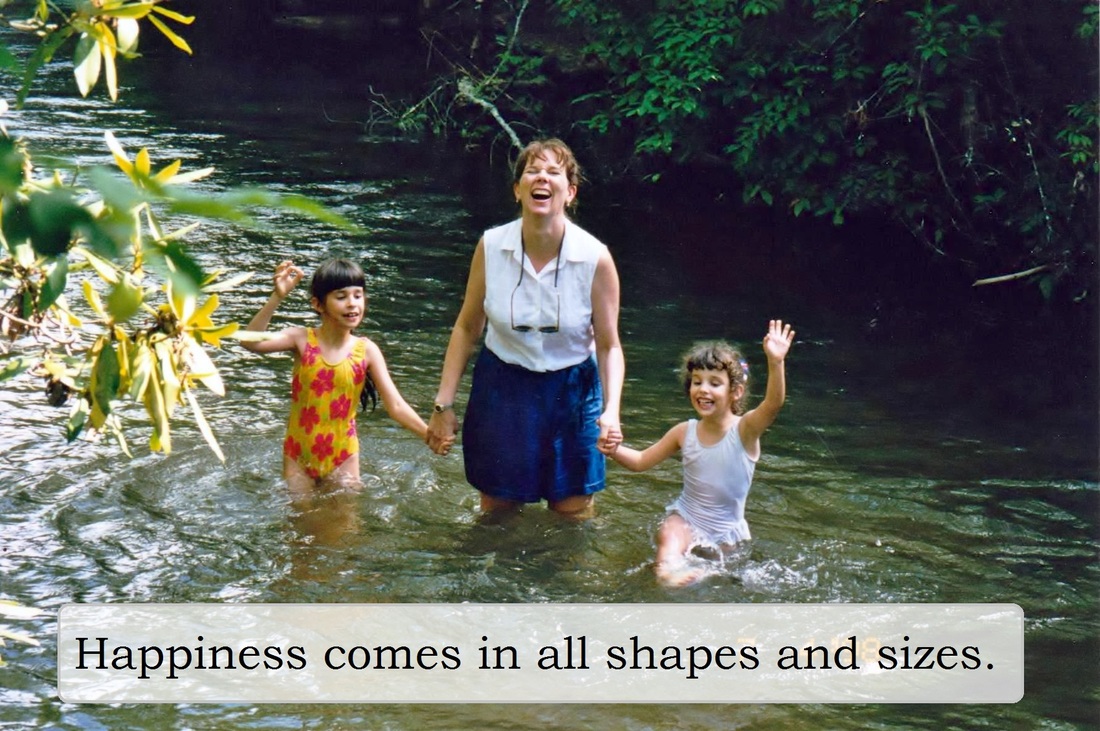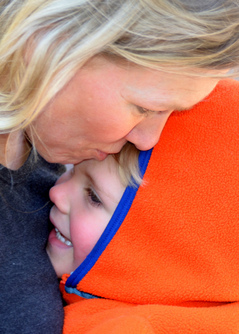This is made worse by the fact that those people are generally staring at Caley as I hug her. Seeing two adults hug and hold hands in public apparently is stare worthy. People come up with their own explanations of the reasons we're hugging. From the spitting and glaring, Caley's best guess has been that they think we're a lesbian couple. Which is a really sad indictment of the way couples who are lesbians are treated, by the way.
So we go from staring to glaring and the more people stare, the more anxious Caley gets and the more hugs she needs. The more hugs she needs the more people stare at us. It's a cycle that just gets worse and worse.
And then we go to the sandwich counter. Caley's nervous, but she's determined to order a sandwich before she leaves. I'm very proud of her, because I know how hard she's working, but how determined she is.
The lady behind the counter listens to Caley's order and starts making her sub. She looks at us, as I hug Caley and comfort her.
And then she says to Caley, "It's going to be okay. I don't know what's going on, but I can tell you're upset. But it's going to be okay. When I'm upset I think of my son and it makes me feel better."
Caley replies, "When I'm upset, I hug my sister and I feel better."
The lady said something else sweet that I can't remember, handed us our sub and we went on our way. As we left, Caley made sure to mention the lady's kind actions to the manager, so she got recognition.
I'm telling this story because I know the components - the grocery store difficulties, the staring - are oh so common for people on the spectrum. But this story shows the solution clearly. Kindness and compassion.
The important take away here is this. Small acts of kindness can make a world of difference. Instead of anxiety provoking stares or frightening glares, this woman reached out with compassion instead. And that transformed our whole grocery trip.
Small acts of kindness go a long way.
-Creigh


 RSS Feed
RSS Feed
